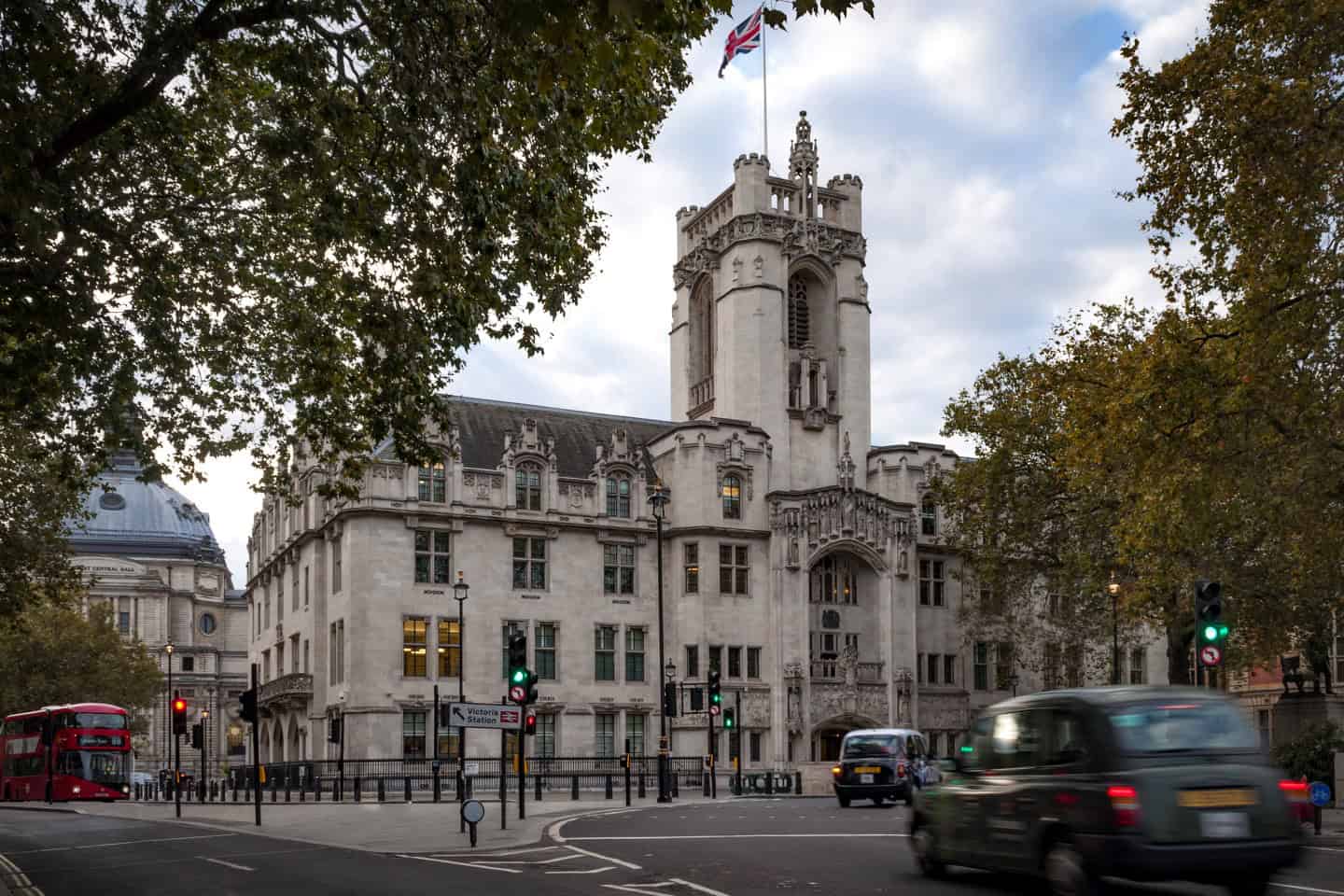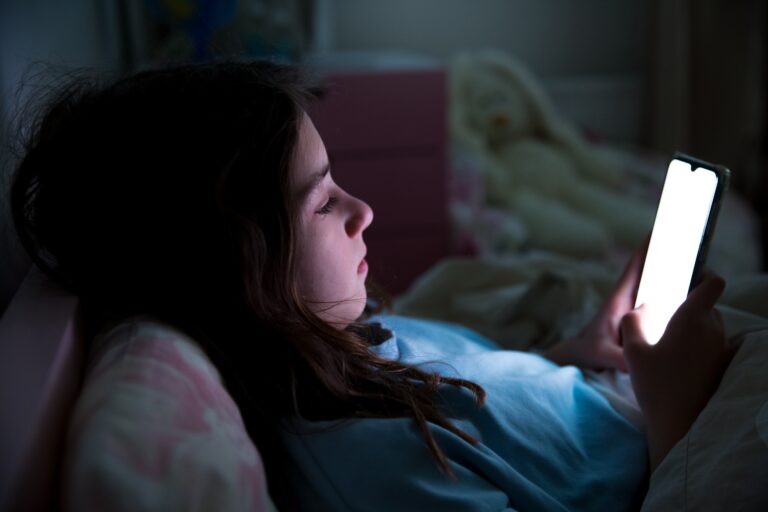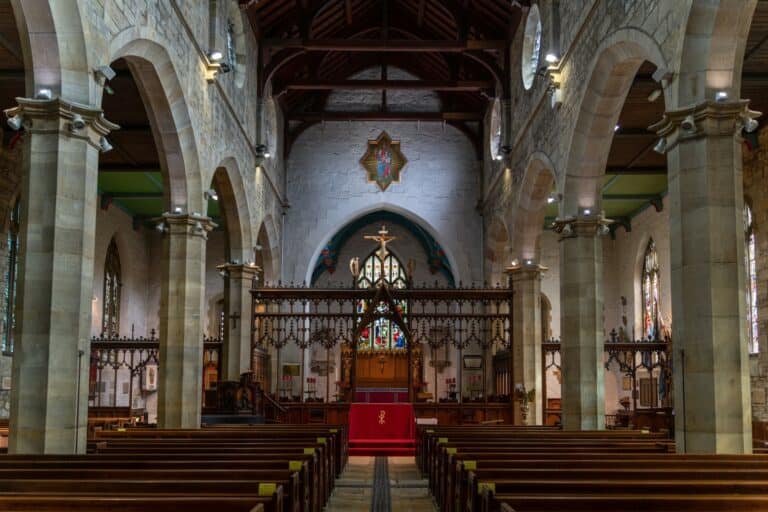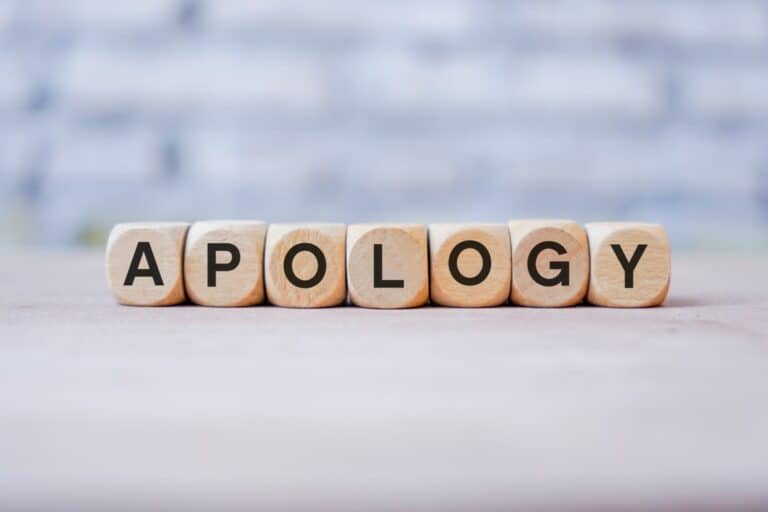
Supreme Court decision confirms Elders are akin to employees in Jehovah’s Witnesses Abuse Case
A landmark judgment (Trustees of the Barry Congregation of Jehovah’s Witnesses v BXB) recently handed down by the Supreme Court has clarified the question of whether organisations can be held liable for the actions of their volunteers, similarly to the way employers are held liable for the behaviour of their employees.
The judgment concerned a case of abuse at the hands of a Jehovah’s Witness Elder. When it comes to abuse and safeguarding, practices and policies within the Jehovah’s Witnesses have come under increased scrutiny – by the courts, the Charity Commission and the Independent Inquiry into Child Sexual Abuse.
This particular judgment concerned the abuse of an adult member of congregation who suffered a traumatic sexual assault at the hands of an Elder, Mark Sewell. Mark was convicted of raping the congregation member, as well as being convicted of indecently assaulting two other people, in 2014. The survivor was an adult when the abuse occurred, and the abuse occurred at Sewell’s home, rather than a Jehovah’s Witness venue.
Prior to the Supreme Court’s judgment, the High Court decided that the defendant, the worldwide governing body of the Jehovah’s Witnesses, Watch Tower Bible and Tract Society of Pennsylvania, was vicariously liable for the rape that was committed by the Elder. Previously, the organisation had been found vicariously liable for abuse by a ministerial servant (A v Watchtower) of a child in the congregation, and following this more survivors came forward in order to pursue claims against the organisation.
The defendant initially appealed the judgment to the Court of Appeal on grounds that they couldn’t be held vicariously liable for an Elder’s actions because Elders are not employees, and the abuse took place outside of the organisation. They lost the appeal, however, which was described by Lord Justice Bean as “the latest episode in the attempts of religious organisations to escape vicarious liability in claims for damages for sexual offences committed by those whom they have placed in positions of responsibility and moral authority”.
The defendant then appealed this decision to the Supreme Court, which allowed the appeal and held that the Jehovah’s Witnesses were not vicariously liable for the assault. The success of the appellant in the second part of their appeal is very fact-specific to this case: the Supreme Court decided that the rape was not closely connected to Sewell’s role as an Elder, holding that Sewell abused his position as a close friend of the respondent, rather than his position as an elder, when he raped her. The Court stated that the facts in the case were “not equivalent to the gradual grooming of a child for sexual gratification by a person in authority over that child”, distinguishing this case from those involving children. This was a disappointing conclusion from an abuse claims perspective, and of course devastating for the respondent who showed great bravery and determination throughout the entire process of the trial.
What the judgment does do, however, is clarify questions surrounding vicarious liability of an organisation and whether they can be found vicariously liable for malpractice of someone doing unpaid voluntary work for that organisation. The judgment also reaffirms the decision made in the aforementioned cases such as A v Watchtower.
In English law, it is well-established that an employer is vicariously liable for the wrong-doing of their employees if that wrong-doing is carried out in the course of their employment – but there has been a lack of clarity as to whether this applies to cases where the person who committed the wrong-doing was an unpaid volunteer for an organisation.
The Supreme Court confirmed that, for the purpose of applying the principle of vicarious liability, Elders are akin to employees in the Jehovah’s Witnesses. This provides clarity to cases involving abuse committed by volunteers, not only in the Jehovah’s Witnesses but other religious organisations too. The finding therefore supports all survivors who have been abused by someone in a position of authority within a religious setting. It also, on a broader note, confirms that volunteers can be akin to employees – which is applicable in a broad range of circumstances where abuse will often be closely connected to an assigned role. This is important, as in many cases those who carry out abuse do have an assigned role which means they’re very closely connected to the survivor – for example doctor/patient, teacher/pupil, leader/scout.
By establishing that organisations can be held vicariously liable for people in positions of power but on an unpaid or voluntary basis is a truly important and welcome development and an undeniable victory for all survivors of abuse who have had a similar experience. It is vital that the legal landscape continues to be challenged in respect of the laws and principles that are applied to survivors of abuse so that they are able to access the justice they deserve.










